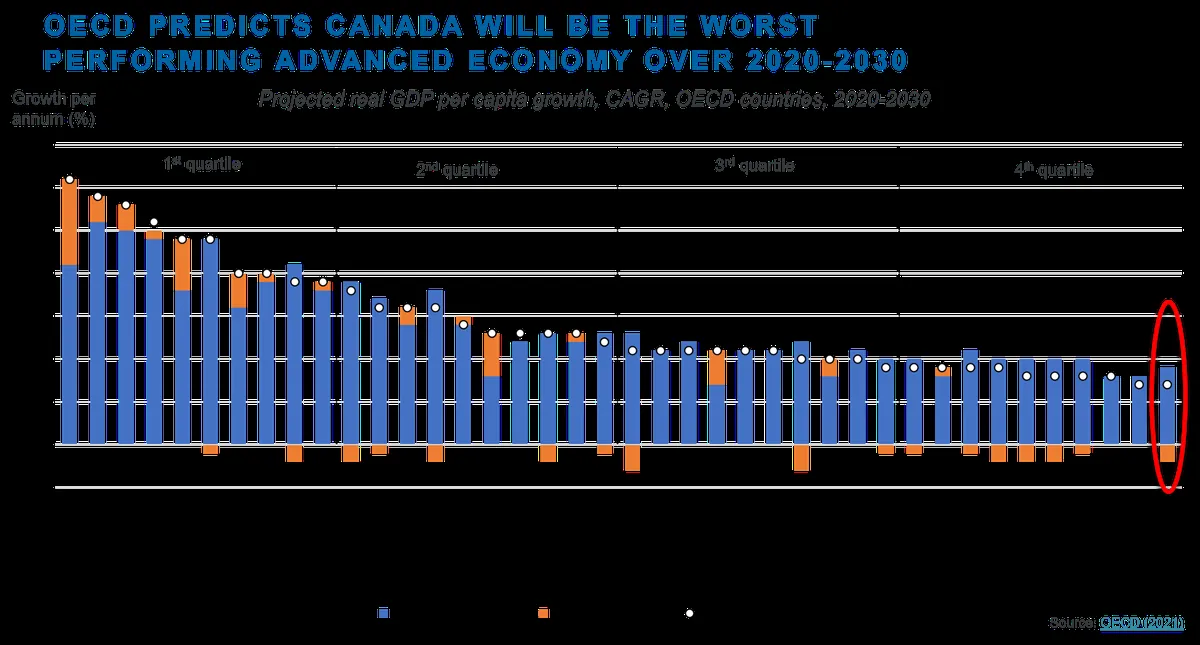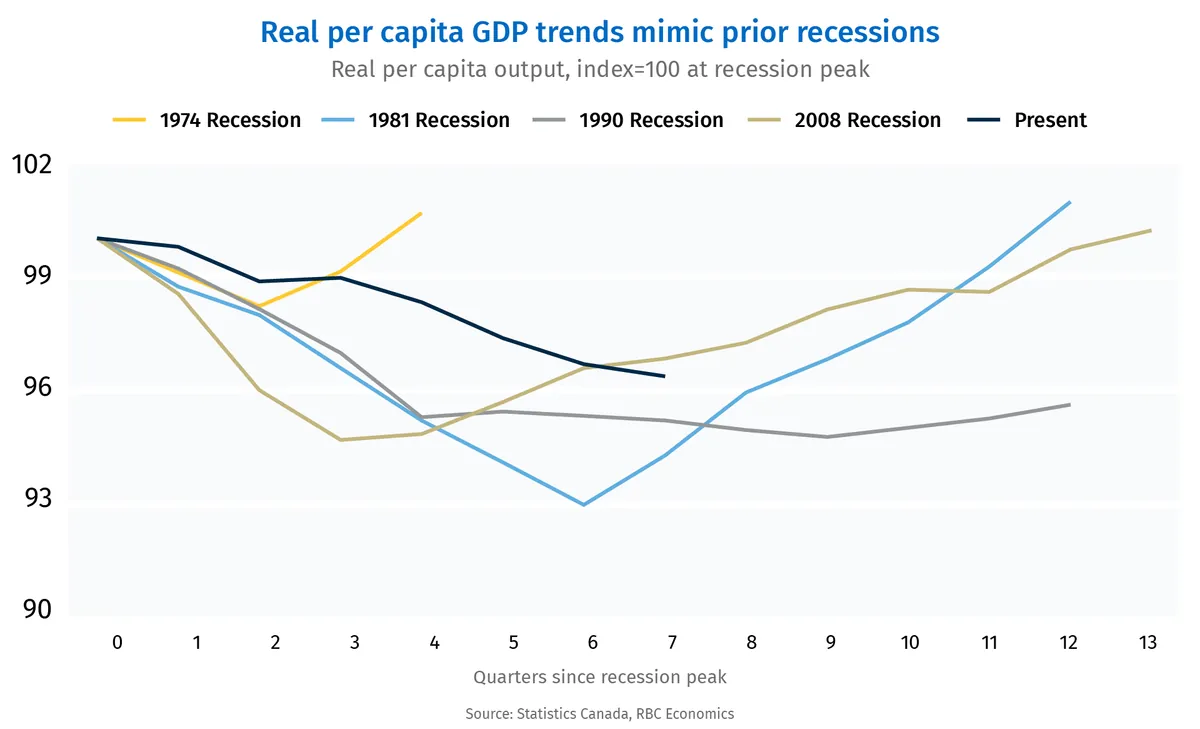Canadian Economic Activity Rebounds in September: Ivey PMI Shows Growth
Canadian economic activity improved in September, with the Ivey PMI rising to 53.1 from 48.2 in August. Price increases slowed to a six-month low, while employment figures slightly declined.

In September 2024, Canada's economic landscape showed signs of improvement, as indicated by the latest Ivey Purchasing Managers Index (PMI) data. This rebound comes after a period of contraction in the previous month, offering a glimmer of hope for the nation's economic outlook.
The seasonally adjusted Ivey PMI climbed to 53.1 in September, up from 48.2 in August. This increase is significant, as readings above 50 signify expansion in economic activity. The index, created by the Richard Ivey School of Business at Western University, is based on a survey of approximately 175 purchasing managers across Canada, covering both manufacturing and services sectors.
One of the most notable aspects of the September report was the deceleration in price increases. The prices index dropped to 58.2, its lowest level since March 2024, down from 63.4 in August. This slowdown in price growth could potentially alleviate some inflationary pressures that have been a concern for policymakers and consumers alike.
However, the employment gauge showed a slight decline, falling to an adjusted 51.6 from 54.7 in August. While still above the 50-mark, indicating growth, this decrease suggests a moderation in hiring activities across the surveyed businesses.
The Ivey PMI, published since December 2000, is considered a leading indicator of economic health in Canada. It takes into account factors such as new orders, inventory levels, production, supplier deliveries, and employment. The index is closely watched by economists, policymakers, and financial markets as it provides valuable insights into the country's economic trends.

It's worth noting that the September rebound follows August's reading, which was the first dip below the 50 no-change threshold in 13 months. This return to expansion territory is a positive sign for Canada's economic resilience.
The unadjusted PMI also showed improvement, rising to 54.5 from 50.3 in August. This raw data further supports the notion of economic recovery in September.
As one of the most closely monitored economic indicators in Canada, the Ivey PMI influences various aspects of the economy. It can impact financial markets, currency exchange rates, and policy decisions. The survey covers all regions of Canada, providing a comprehensive view of the nation's economic performance.
The PMI data is typically released on the fifth business day of each month, making it a timely indicator for economic analysis. Its diffusion index calculation method measures the percentage of positive responses from purchasing managers, offering a nuanced view of economic sentiment.
While the September data presents a positive outlook, it's important to consider this information alongside other economic indicators for a complete understanding of Canada's economic health. The Ivey PMI, named after prominent Canadian businessman and philanthropist Richard G. Ivey, continues to play a crucial role in shaping economic discussions and decision-making processes across the country.


































